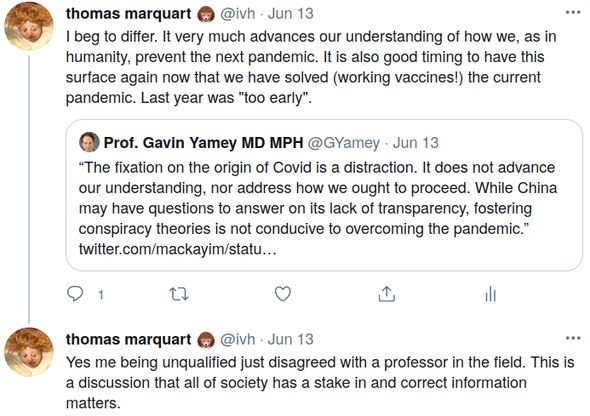How does it work that we remember things? If I tell you to remember the number
6, and you do, how exactly does your brain achieve that?
The standard answer is that the physical representation of memory, the
engram, is encoded in the synapses between neurons, while each neuron
behaves mechanically, aggregating the inputs into firing an output once an
activation threshold is reached. In this model each neuron does not store
information.
It turns out though that there is experimental evidence that individual neuron can
indeed do just that, remember things, for example a certain time-span. I just read
this interview
which talks about this paper. See
also this Twitter
thread.
The provocative thesis is that there is some, very much not understood yet,
molecular mechanism inside neurons that encodes information directly within
a single cell. Somewhat
analogous to how DNA encodes information, but with different purpose and
coding between molecules and information. Our current situation may be
similar to how inheritance was mysterious a hundred years ago, until
the structure of DNA was discovered and understood.
As usual, when a small group goes against the scientific mainstream, it is quite
impossible to have a well-founded opinion as a layman. But even if the
experiment that shows memory in a single neuron eventually gets debunked, we
have learned something. If however it turns out to be right, that the whole
idea to look for the engram between cells instead of within them is a mistake,
then this will quite likely be one of the most exciting scientific revolutions
in modern times!
Do you remember the number I asked you to above? No matter if you do or not,
you have no direct knowledge why that is the case.
Introspection does not help. Finding out through
experiment is our only hope.
I almost forgot: The paper linked above is by scientists from Lund, Sweden!
So I'm keeping my fingers crossed for a "local" Nobel prize in the future.
Added 2021-05-05: Another article about it.
